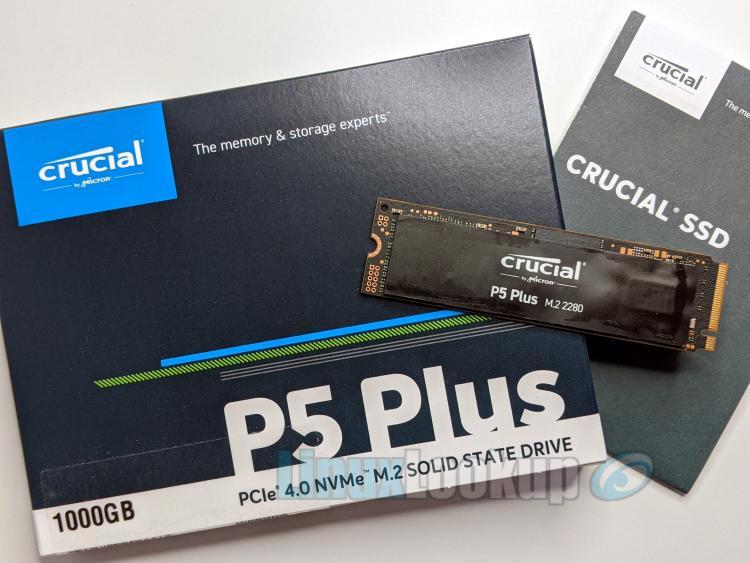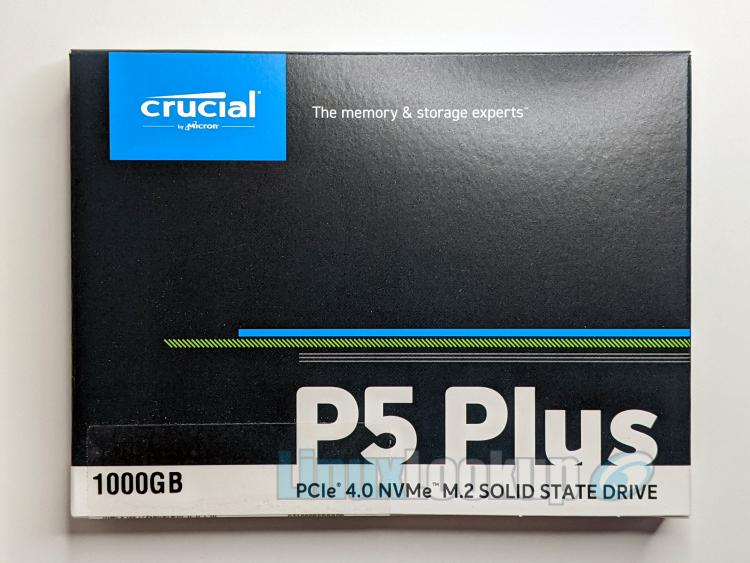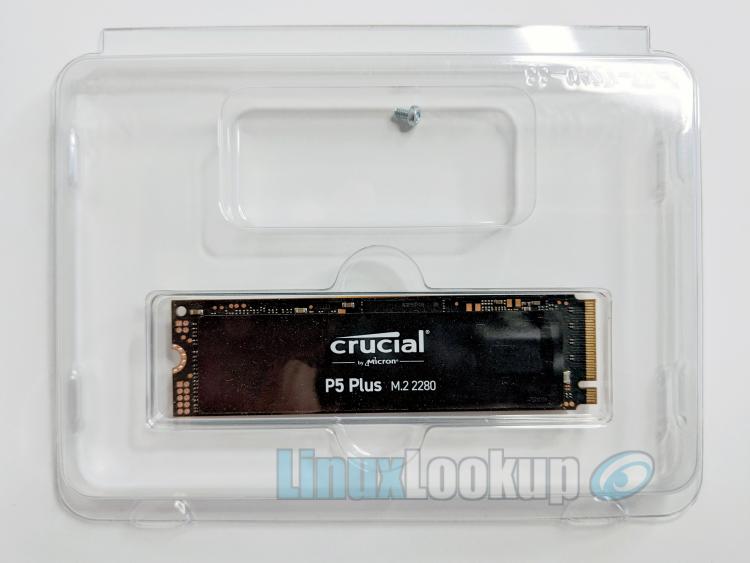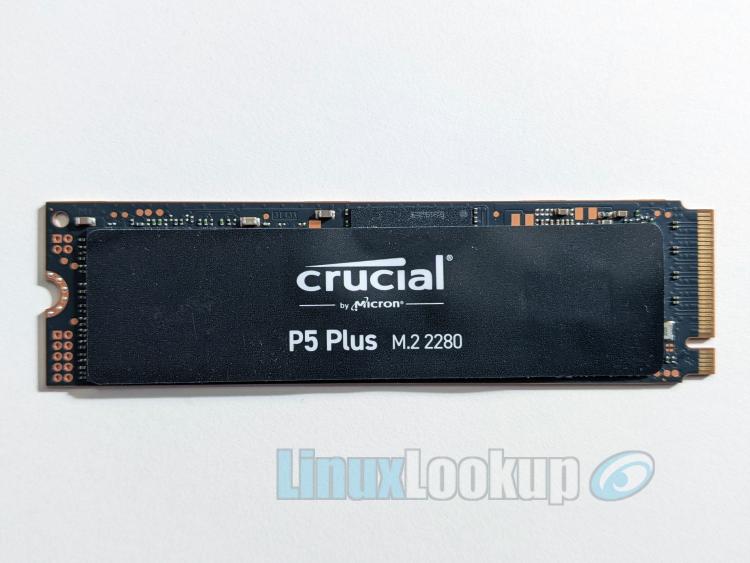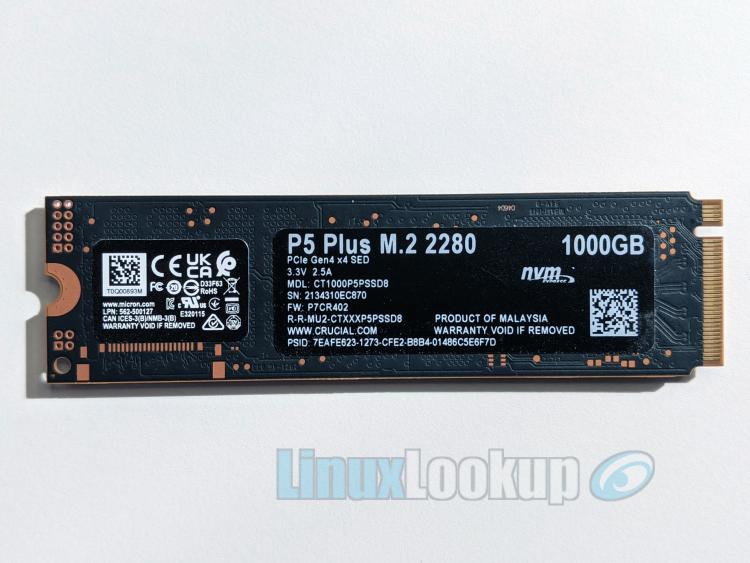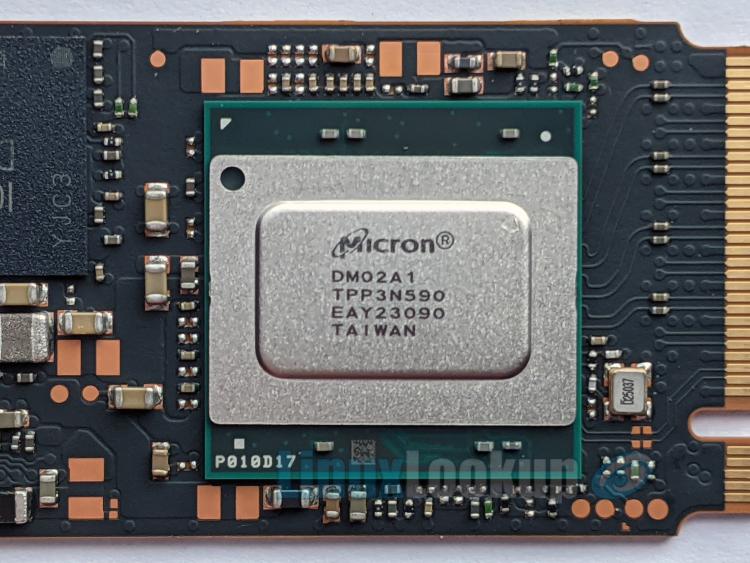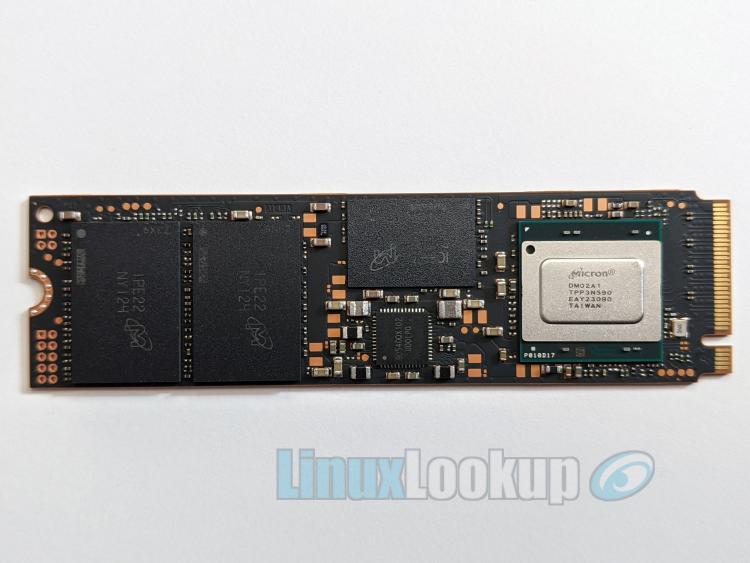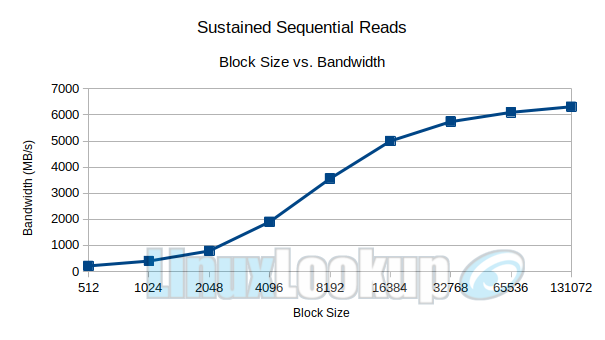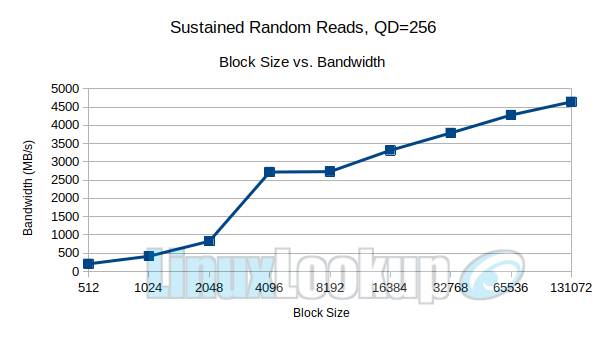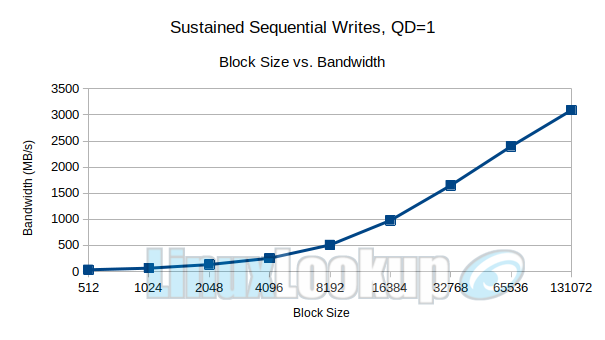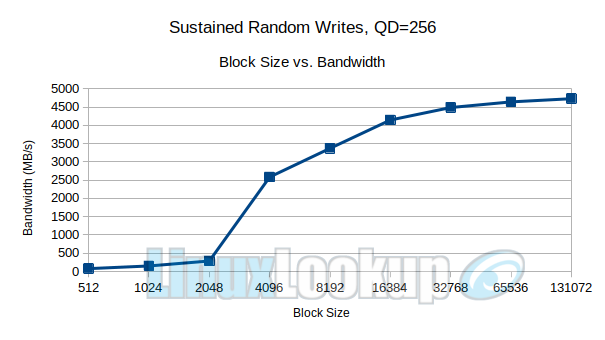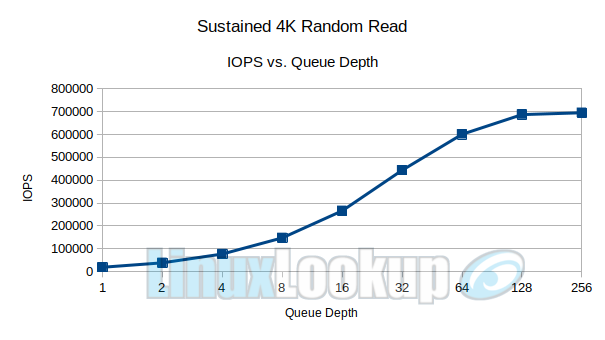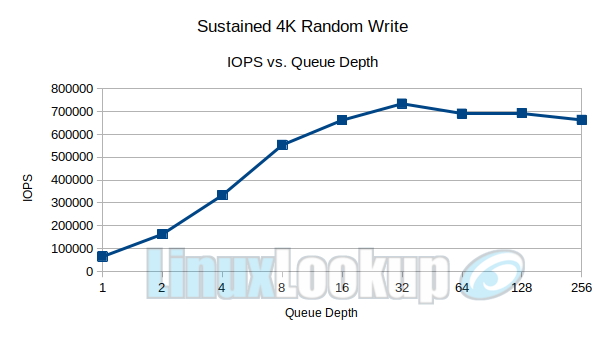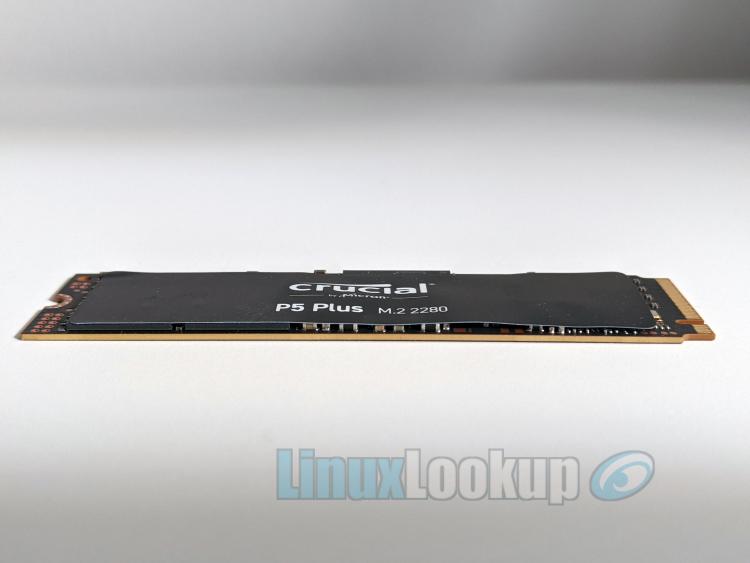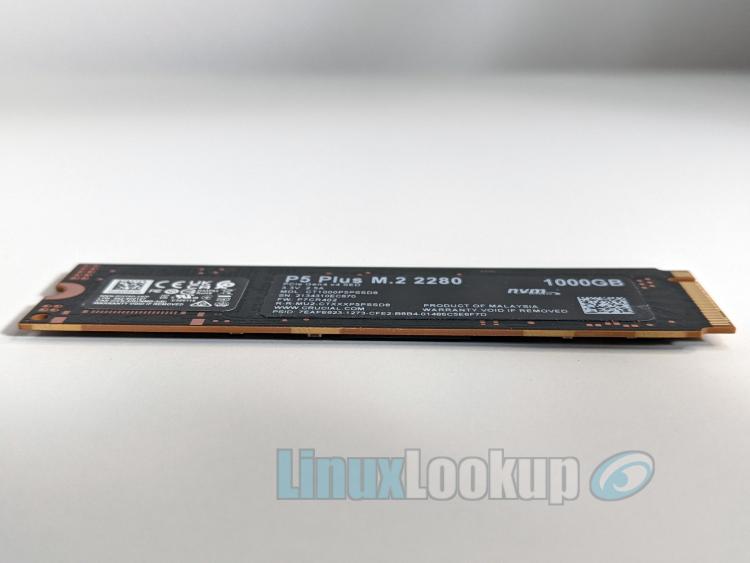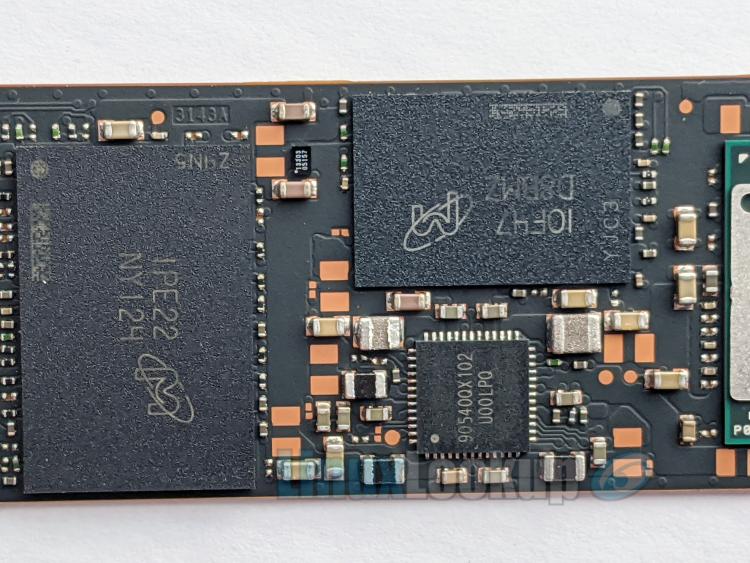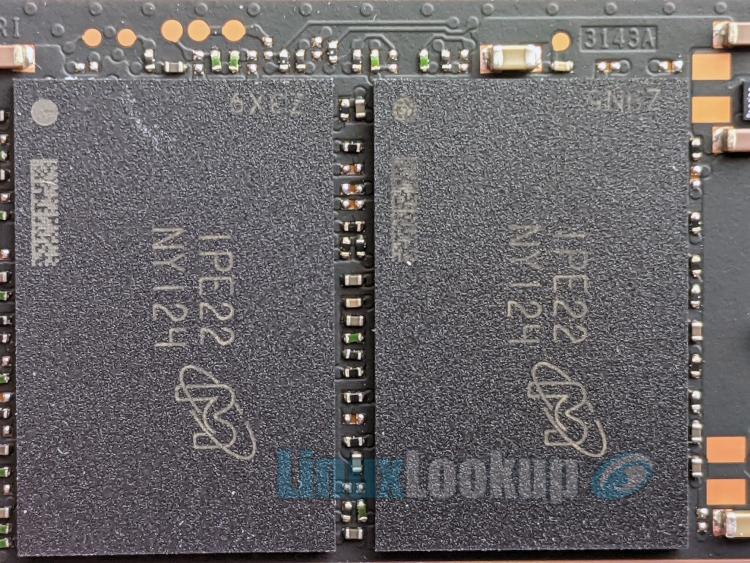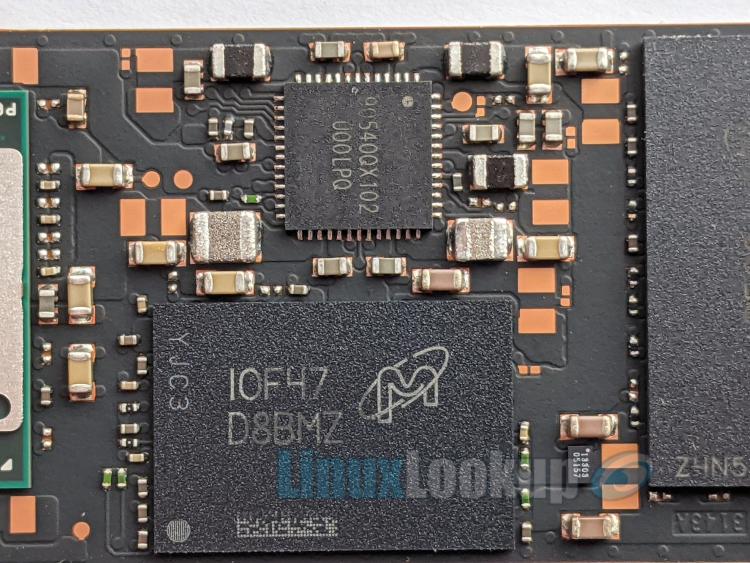Crucial P5 Plus 1TB NVMe M.2 SSD Review
Last year we reviewed the Crucial P5 Series which pushed the capabilities of PCIe Gen3 NVMe. Fast forward to summer 2021, Micron, the parent company to consumer division Crucial has recently launched their newest PCIe 4.0 x4 high-performance Solid-State Drive, the P5 Plus.
The Crucial P5 Plus Series is essentially a refresh of the popular P5 Series, now supporting the latest Gen4 NVMe technology. With nearly two-times faster Sequential Reads of 6600MB/s in comparison to the previous generation speed of 3400MB/s and of course retaining backward compatibility with Gen3 systems.
The Crucial P5 Plus Series SSD is available in three different capacities, 500GB, 1TB, and a 2TB model — current online retail pricing is $99.99, $169.99 and $327.99 respectively.
Though a Gen4 NVMe SSD with sub $99 price point may be alluring among budget conscious consumers, 1TB is currently the most favorable capacity, so it's no surprise that Crucial has declined a 250GB capacity model that was offered within the original P5 Series.
Commentary on retail packaging seldom makes it into my Linux review articles. However, this time around I felt the need to point out an observation that is very small — literally.
Crucial has included an M.2 retention screw in the blister pack. Though your motherboard should provide a mounting kit with appropriate number of hex nut standoffs and M.2 screws, these are easily misplaced, so the extra is always a welcome inclusion.
Performance ratings on the Crucial P5 Plus Series differ slightly based on drive model. Starting at the lowest capacity of 500GB quoted to deliver a Sequential Read of 6600MB/s with Random Read up to 360,000 IOPS, the 1TB model again offers Sequential Read of 6600MB/s with Random Read up to 630,000 IOPS, while the 2TB offers the same Sequential Read performance of 6600MB/s with Random Read up to 720,000 IOPS.
Differences in write performance can also be observed. The 500GB model is quoted to deliver a Sequential Write of 4000MB/s, where as both the 1TB and 2TB model offer faster Sequential Write performance of 5000MB/s with all three models sharing the same Random Write up to 700,000 IOPS.
See the table below for comparison, highlighted is the Crucial P5 Plus 1TB featured in this SSD review.
| Crucial P5 Plus | 2TB | 1TB | 500GB |
| Sequential Read (Max, MB/s) | 6600 | 6600 | 6600 |
| Sequential Write (Max, MB/s) | 5000 | 5000 | 4000 |
| Random Read (Max, IOPS) | 720,000 | 630,000 | 360,000 |
| Random Write (Max, IOPS) | 700,000 | 700,000 | 700,000 |
The Crucial P5 Plus 1TB SSD is a single-sided (chips on one side of the board) M.2 2280 form-factor drive using PCIe Gen 4 x4 NVMe 1.4 interfacing.
NVMe drives have an optimal operating temperature and typically run hot. Utilizing a heatsink will aid in cooling the controller, thus yielding more consistent performance and avoid thermal throttling. This particular SSD (model CT1000P5PSSD8) does not include a heatsink, but shouldn't be an issue as most quality motherboards integrate their own heatsink over the M.2 slot.
Crucial P5 Plus SSD's are driven by Micron’s latest proprietary NVMe controller which is designed in-house alongside their custom Firmware . Unfortunately Micron doesn't disclose controller specifications, so without an official data-sheet the details are rather ambiguous.
Being of a single-sided design we only need to examine one side of the SSD.
Peeling back the label on the Printed Circuit Board (PCB) exposes the Micron DM02A1 controller, a Micron D8BMZ 1GB DDR4 cache, what I believe to be a power control chip (UOOLPQ) and two Micron 176-Layer NAND Flash (MT29F4T08EQLEEG8-QB:E) packages.
Utilizing their own Mircon 3D Flash memory technology comprised of 176-Layers of memory cells stacked on top of each other allows for increased storage density, thus in turn achieving capacities up to 2TB on a single-side. Additionally, this single-sided design offers a lower profile physically suitable for laptops.
The Crucial P5 Plus 1TB model has a calculated Life Expectancy or Mean Time To Failure (MTTF) of 2 million hours. This equates to 0.329 Drive Writes Per Day (DWPD) or 328.767 Gigabytes written per day (GB/day) for 5 years, all of which is backed by a limited five-year warranty.
Features
Highlight summary:
- Capable of full hardware-based encryption
- Dynamic write acceleration
- Redundant Array of Independent NAND (RAIN)
- Multistep Data Integrity Algorithms
- Integrated Power Loss Immunity
- Active Garbage Collection / TRIM Support
- NVMe standard Self-Monitoring and Reporting Technology (SMART)
- NVMe Autonomous Power State Transition (APST)
- 5 year limited warranty
- Free shipping (USA only)
Specifications
- Type: M.2 2280 (single-sided)
- Height: 22mm x 80mm
- Flash Controller: Micron DM02A1
- Flash Type: Micron 176L TLC 3D NAND
- Interface: NVMe/PCIe Gen4 x4
- Temperature: Operating (0°C to 70°C) Non-operating (-40°C to 85°C)
- Acoustics: 0dB
- Mean Time Between Failures (MTBF): 2 million hours
- Total Bytes Written (TBW): 600TB
Performance
Linux performance testing was done under Ubuntu 20.04.3 LTS (Focal Fossa).
Test System
- Processor: AMD Ryzen 7 5800X Eight-Core @ 3.80GHz (8 Cores / 16 Threads)
- Motherboard: ASUS ROG STRIX X570-F GAMING
- Memory: 64GB DDR4-3600
- OS: Ubuntu 20.04
- Kernel: 5.11.0-34-generic (x86_64)
- Interface: PCIe Gen4 x4
- SSD Firmware Version: P7CR402
We have revised how our SSD benchmarking is performed and no longer benchmark the drive while in a Fresh-Out-of-Box (FOB) state. FOB typically is how manufactures specify I/O performance in advertising because the drive has yet to endure any sustained workload and initial performance benchmarks from a FOB state will result in uncharacteristically high measurements.
To provide more accurate measurements we precondition the drive to a Steady state before running our benchmarks. Steady state is achieved by issuing a set of random and sequential preconditioning operations. Though this process takes several hours, the benchmark results are more consistent and produce real-world values.
Advertised performance
- Model: CT1000P5PSSD8
- Sequential Read: 6600 MB/s
- Random Read: 630,000 IOPS
- Sequential Write: 5000 MB/s
- Random Write: 700,000 IOPS
Sequential Reads compared to Random Reads with Identical Block Sizes
Sequential Writes compared to Random Writes with Identical Block Sizes
4K Random Read Performance with Varying Queue Depths
4K Random Write Performance with Varying Queue Depth
Timings of device Reads
This measurement is an indication of how fast the drive can sustain sequential data reads under Linux, without any filesystem overhead. Timing buffered disk reads: 13958 MB in 3.00 seconds = 4652.47 MB/sec.
Gallery
Conclusion
The Good - Pros- Overall performance is fair
- Significant product innovation
- Micron 176-Layer 3D TLC NAND
- Capable of full hardware-based encryption
- Moderate endurance rating
- Reasonable price point
- Five-year limited warranty
The Bad - Cons
- N/A
The Ugly - Issues
- N/A
The Verdict - Opinion
By amalgamating the world’s first 176-Layer 3D NAND Flash memory alongside Micron’s latest in-house SSD controller (DM02A1) with custom Firmware, Crucial has once again proven why they're a leader in SSD innovation.
Our Linux SSD Benchmarks exhibit balanced performance for the Crucial P5 Plus 1TB SSD in most regards — though greatly surpassing the original P5 Series, undeniably there are faster PCIe Gen4 NVMe SSD's on the market to choose from, but these also come with a higher price tag. That being said, the P5 Plus price point is reasonable, making it an attractive option. Since launch we've noted several small price adjustments across all P5 Plus models, thus solidifying it's value.
